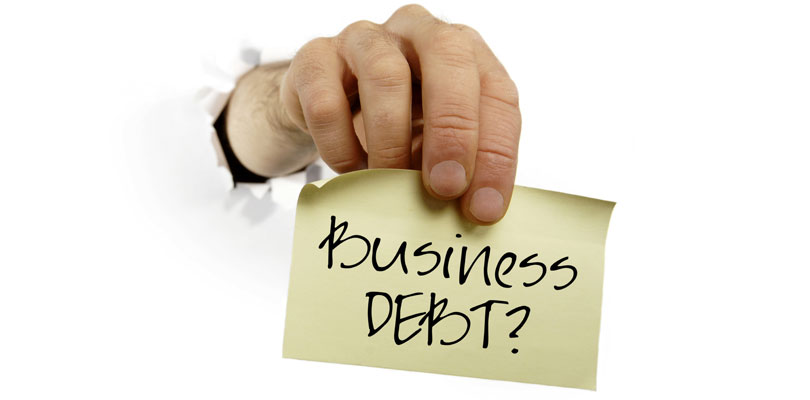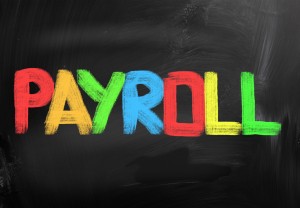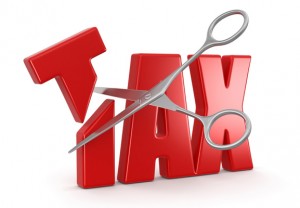10 simple ways to minimise business debt
Poor cash flow can lead to business debt as you build up creditors without recouping money from your debtors. Add to this a couple of bad debts and your business finances can quickly take a turn for the worse. This is why it’s so important to stay on top of your cash flow and take action to improve it. Check out our 10 simple steps to minimising your business debt.
1. Check out potential clients before you work for them
Do they have payment-related court judgments against them? Talk to members of business associations, your friends, business partners, suppliers and peers. Many businesses work within a small network of other businesses, so late payers are likely to be easily identified.
If you do decide to work for clients with a poor payment record, at least you’ll be aware of it and can take steps to prevent it becoming a problem for you. For example, you might insist on partial or full payment before you begin work and only take on small jobs at first until you build up experience with them.
2. Define short payment terms
If you’ve completed your work in a matter of days, why wait six weeks for payment? Make your terms clear from the start in contracts with your clients and on your invoices. 14 days is common and even 7 days is unlikely to be a problem for most clients. You could always add a discount incentive if they pay on time.
3. Keep track of your debtors
You can’t chase debtors if you don’t know who they are and how much they owe! If your accounts are currently kept on scraps of paper or on an old spreadsheet then it’s time to upgrade. Get some good accounting software installed and make sure you keep it updated so you’ll be able to tell at a glance who owes you money and how much.
4. Send prompt reminders
It can help to send reminders to late payers as soon as invoices become due. Start by sending an email. If there’s no response within 2 business days, follow up by phone. The best way to deal with a late payer is to prevent them becoming one in the first place. Be proactive about this. Good accounting software will let you set up automated reminders that will take a lot of the effort out of the payment chasing process.
5. Payment is your right
As a business owner, it’s your right to receive payment for the work you do. As long as you’ve fulfilled the agreed contract you have the right to be paid on the agreed terms.
The client can’t change the payment terms without your approval, so don’t feel shy, embarrassed or presumptuous when asking for your money. It’s your money and you have the right to be paid.
6. Record all communications
You should do this anyway, but make sure you note the time and date of all phone calls with clients and what was discussed. Keep copies of emails, letters, text messages and any other form of communication. This will help you resolve disputes later if any occur and will also be useful if you have to go to court. At that point, the more information you can provide, the more likely it is that the court will make a fair judgment.
7. Don’t get personal
Don’t be rude. Be polite but firm. State the actions you’re planning to take clearly and without anger. If necessary, wait a day between drafting an email or letter and sending it. You will get better results by leaving emotion out of your communications.
8. Ask for help
Don’t be afraid to seek help. A debt collection agency will be able to advise and assist you in collecting your outstanding debts. It will cost you a certain percentage of the debt, but it will be money well spent.
9. Take the legal route
When dealing with a persistent late payer, you may need to consider lodging a claim with the Magistrates Court which can assist you to recover the debt. This may mean spending time away from your business to attend hearings, but it will be worth it to reach a satisfactory outcome.
10. Follow the recommended process
You will make things much worse by attempting to take matters into your own hands. Threats, intimidation and other negative behaviour will only make the situation worse for you, so stay calm and follow the process.
Dealing with debtors is part of running a small business. Obviously it’s not a fun part, but it’s necessary if you want your business to grow. So don’t let your debtors become a problem. By taking note of the steps above it will make it easier to collect money owed to you. If you want help and guidance with setting up your invoicing and debt collection processes, speak to the team at BSN & Co today. We can help you identify a process that will work for your business and maximise your chances of success.







Comments are now closed for this article.